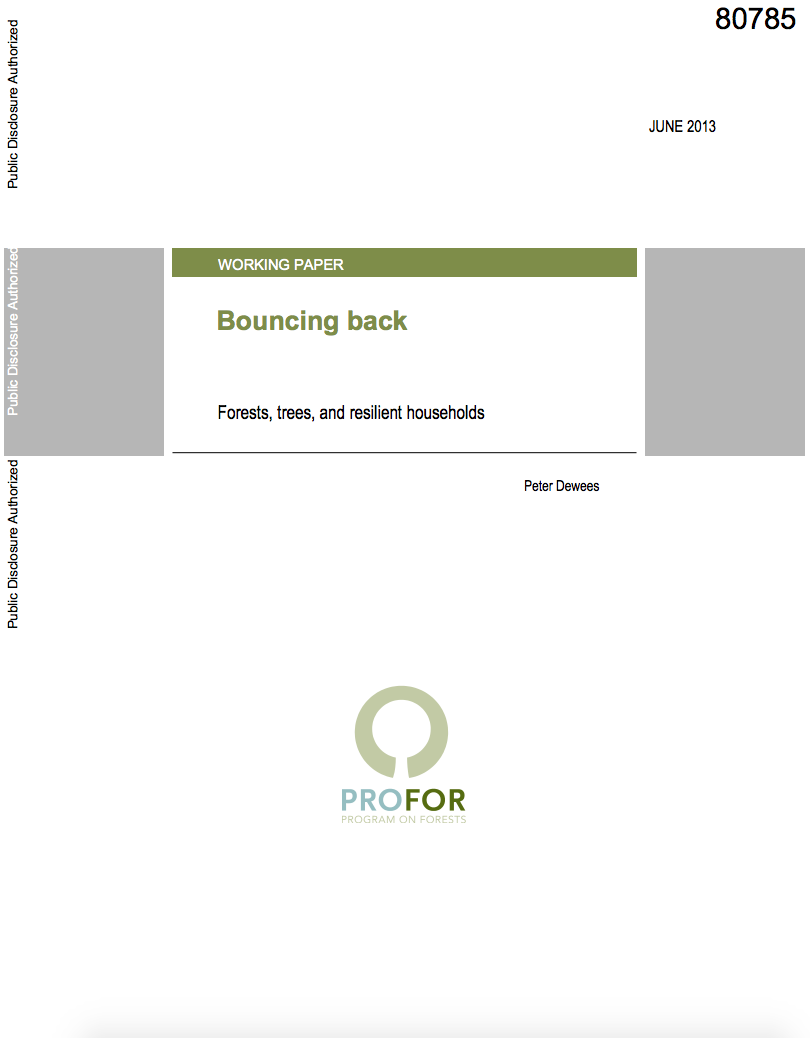Malaysia Economic Monitor, June 2013
Following a strong performance in 2012,
Malaysia's economy hit a soft patch in the first
quarter of 2013. Economic growth has been supported by the
strong, broad-based performance of domestic consumption and
investment from public and private sources. The acceleration
of investment growth has been a key feature of the recent
growth trend. Public and private consumption has also
underpinned growth. Accommodative fiscal and monetary


